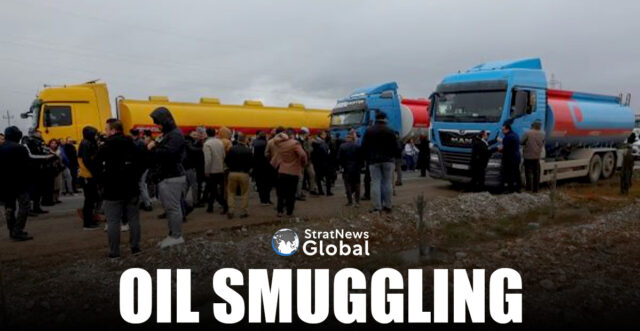The oil ministry of Iraq said on Thursday that the Kurdish regional government (KRG) is legally responsible for the ongoing smuggling of oil from the Kurdish region beyond the country’s borders.
The ministry reserves the right to take all legal measures in the matter, it added.
Control over oil and gas has long been a source of tension between Baghdad and Erbil.
Iraq is under pressure from the Organization of the Petroleum Exporting Countries to cut output to compensate for having produced more than its agreed volume. OPEC counts oil flows from Kurdistan as part of Iraq’s quota.
Tensions over oil revenues and exports have long strained relations between Iraq’s central government and the KRG.
Oil And Gas Regulations
In a ruling issued in 2022, Iraq’s federal court deemed an oil and gas law regulating the oil industry in Iraqi Kurdistan unconstitutional and demanded that Kurdish authorities hand over their crude oil supplies. Talks between both sides to resolve the dispute have stalled multiple times.
The ministry said the KRG’s failure to comply with the law has hurt both oil exports and public revenue, forcing Baghdad to cut output from other fields to meet OPEC quotas.
It has repeatedly called on the Kurdish authorities to halt all unauthorized exports and bring oil operations in the region under federal control, in line with the constitution and previous court rulings.
Baghdad considers independent sales by the KRG illegal and has sought greater oversight of oil revenues from the autonomous region.
The ministry added that it had urged the KRG to hand over crude produced from its fields, warning that failure to do so could result in significant financial losses and harm the country’s international reputation and oil commitments.
Negotiations to resume Kurdish oil exports via the Iraq-Turkey oil pipeline, which once handled about 0.5% of global oil supply, have stalled over payment terms and contract details.
(With inputs from Reuters)





